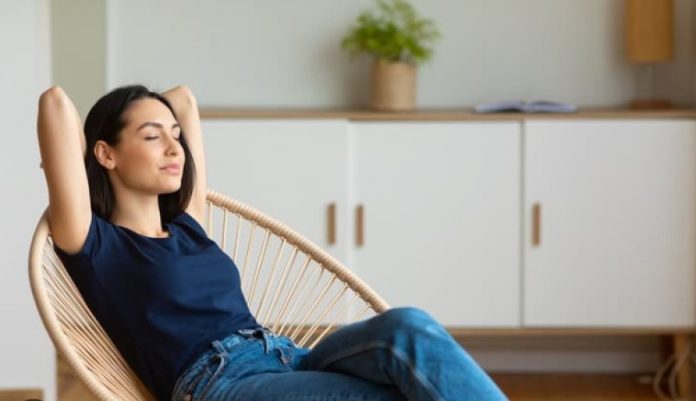In a world driven by constant hustle, the idea of simple living might seem outdated or even unattainable. Yet, the appeal of slowing down and focusing on the essentials is gaining momentum worldwide. Simple living is not about deprivation; it is about intentional choices that prioritize quality over quantity, presence over distraction, and well-being over constant consumption.
Modern life bombards with endless stimuli—advertisements encouraging the latest gadgets, social media feeds overflowing with curated moments, and a culture that equates success with accumulation. This creates a cycle of wanting more, doing more, and ultimately feeling overwhelmed and disconnected. The philosophy of simple living offers an antidote to this exhaustion by advocating for minimalism in possessions, time, and mental clutter.
Starting with possessions, simple living encourages decluttering. The process goes beyond tidying up; it’s a deliberate effort to keep only those things that bring genuine joy or serve a clear purpose. This shift helps to reclaim physical space, which can influence mental clarity. A clean, uncluttered environment fosters calmness and creativity, creating a sanctuary amidst external chaos.
In terms of time, simple living suggests prioritizing activities that align with personal values and contribute to fulfillment. This may mean saying no to certain social engagements, reducing work hours if possible, or dedicating more moments to hobbies and loved ones. This intentional use of time prevents burnout and builds a life rich with meaningful experiences rather than endless busyness.
Mental clutter is often the hardest to clear. It involves resisting the urge to constantly check phones or emails, limiting exposure to negative news, and practicing mindfulness. Techniques like meditation, journaling, or simply sitting in silence can help cultivate presence and awareness, grounding the mind in the present moment.
Moreover, simple living can lead to improved health. Eating whole, unprocessed foods, prioritizing rest, and spending time outdoors contribute to physical and mental well-being. Financial benefits are also apparent; reducing unnecessary expenses allows for better savings and less financial stress.
Communities embracing simple living often report stronger connections with others. When the focus shifts from materialism to shared experiences, relationships deepen. Activities like communal gardening, cooking together, or neighborhood gatherings enhance social bonds and foster a sense of belonging.
Transitioning to simple living does not require a sudden overhaul. It’s a gradual process of reflection and adjustment. Starting with small steps, such as decluttering one drawer, scheduling quiet time, or turning off notifications for an hour each day, can create momentum. Over time, these practices become habits that support a more balanced and joyful lifestyle.
In essence, simple living is a conscious choice to focus on what truly matters, creating space for authenticity and peace in an otherwise hectic world. By embracing simplicity, life becomes less about the rush and more about the richness of everyday moments.l


